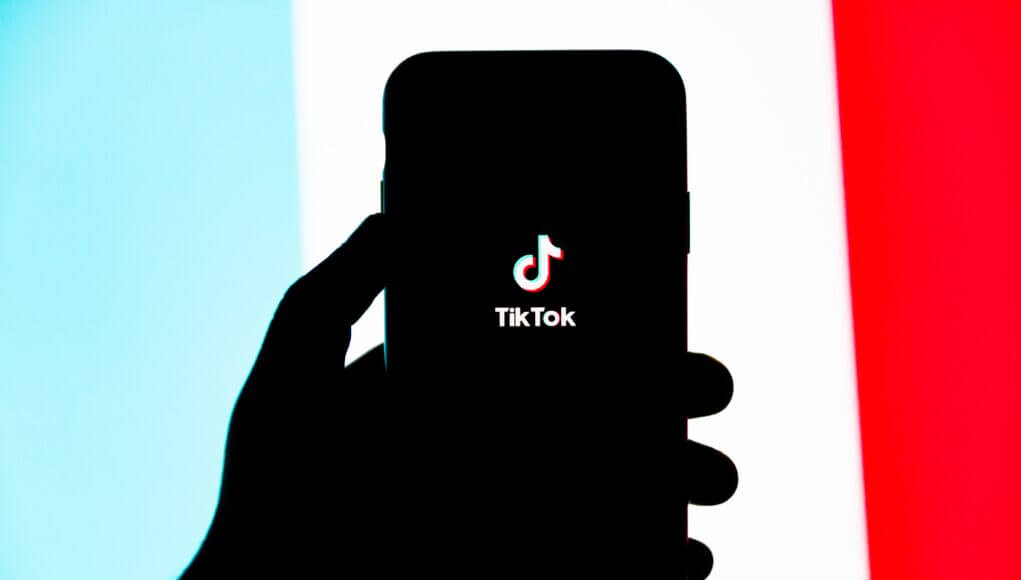Supreme Court leaning towards TikTok ban after oral arguments
TikTok had its day in court, although the mind of the Supreme Court appears unchanged.
Last Friday, TikTok appeared before the US Supreme Court to argue its case against a proposed ban on the platform. The company maintains that such a ban would violate the First Amendment rights of its users, framing the issue as a fight to protect freedom of speech. With millions of creators and audiences relying on TikTok, the stakes are high for one of the world’s most popular social media platforms.
This legal battle is the latest development in a long-standing dispute between TikTok’s parent company, ByteDance, and the US government. The controversy stems from concerns about national security, with lawmakers worried that TikTok could share American users’ data with the Chinese government. To address these concerns, the US has issued an ultimatum: ByteDance must sell TikTok’s U.S. operations to an American company by January 19th, or the platform will face a nationwide ban.
TikTok was allowed one final opportunity to argue its case against a ban on January 10th, although it doesn’t sound like the oral argument helped particularly. During the hearing, several Supreme Court justices expressed support for the government’s position, citing potential risks to national security. Chief Justice John Roberts told TikTok’s attorneys, “Congress doesn’t care about what’s on TikTok. They don’t care about the expression. That’s shown by the remedy. They’re not saying TikTok has to stop. They’re saying the Chinese have to stop controlling TikTok. So it’s not a direct burden on the expression at all.”
Additionally, Justice Brett Kavanaugh voiced concerns over foreign data collection. He stated that the potential extent of data collection could be utilised to “develop spies, to turn people, to blackmail people—people who a generation from now will be working in the FBI, CIA, or the State Department.”
The Supreme Court’s ruling is expected before the 19 January deadline, just one day before President-elect Donald Trump is set to take office. Trump has suggested he may pursue a “political solution” to the issue, hinting at the possibility of a different approach. However, with the current deadline fast approaching, the future of TikTok in the US remains unclear.
A potential TikTok ban would force creators to pivot to alternative platforms like Instagram and YouTube. While these platforms offer similar features, creators may have only built audiences on TikTok. For creators and artists, a ban could mean starting over with building audiences elsewhere and adapting their content strategies. To mitigate these risks, creators should consider diversifying their online presence and engaging with audiences across multiple platforms. By doing so, they can maintain visibility and continuity in their careers, regardless of what happens with TikTok.
